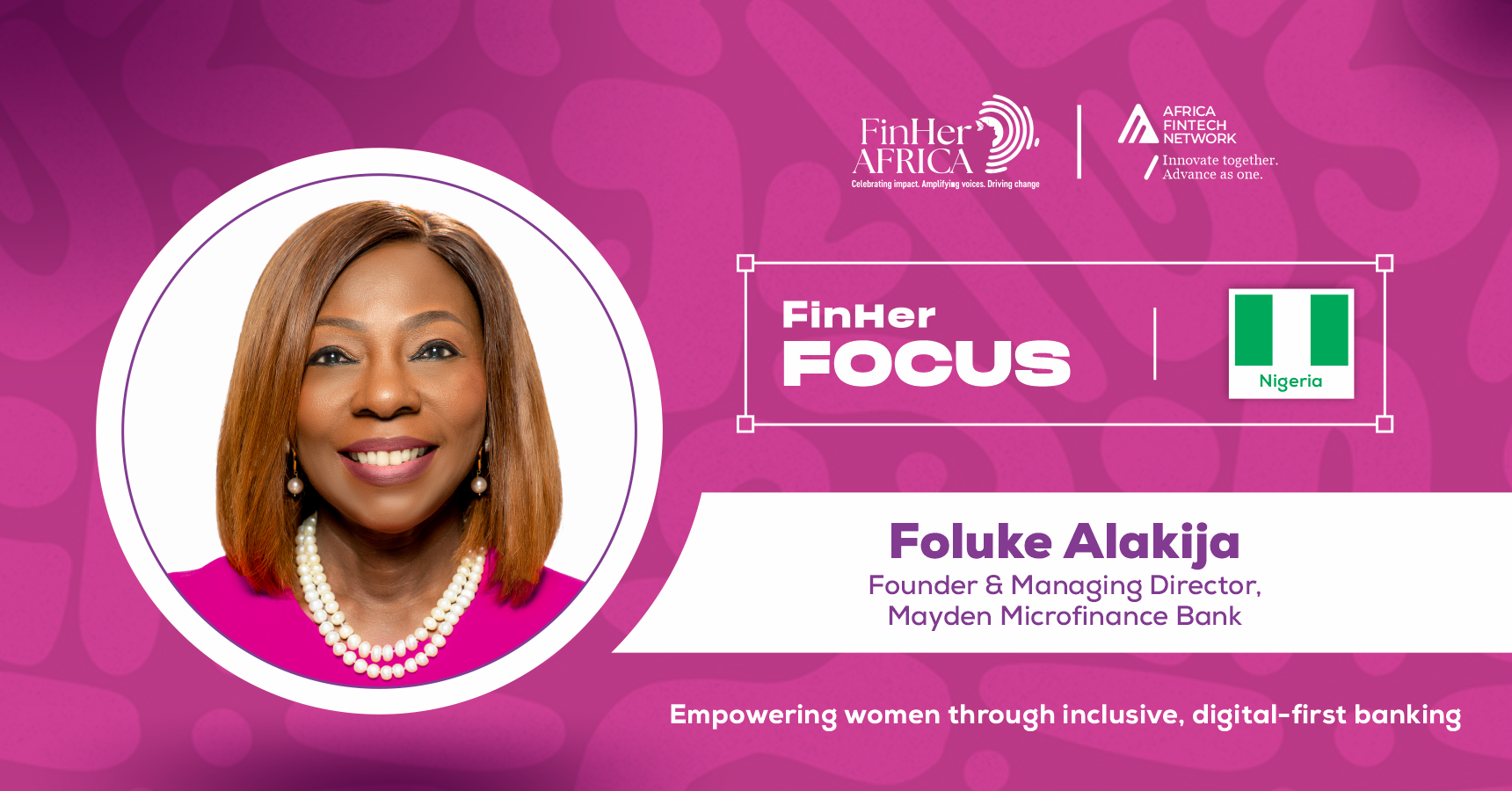
Global Fintech Trends – 8th July, 2024
Orange Expands Digital Footprint with New Innovation Hub in Guinea-Bissau
Orange, the pan-African telecommunications operator, has unveiled its latest Orange Digital Center (ODC) in Guinea-Bissau. This new facility is part of Orange’s broader initiative to foster digital skills, promote innovation, and support local entrepreneurship across Africa.
The ODC in Guinea-Bissau is designed as a comprehensive ecosystem. It offers a range of free programs aimed at developing digital competencies among young people. The center’s primary focus is on enhancing employability and nurturing local entrepreneurial talent.
Within a single location, the ODC houses various facilities. These include a coding school for hands-on digital training, a ‘FabLab Solidaire’ for digital production and prototyping, and an ‘Orange Fab’ startup accelerator. The center also benefits from the backing of Orange Ventures Africa, the group’s investment fund dedicated to supporting promising startups.
Read more here: https://www.techinafrica.com/orange-expands-digital-footprint-with-new-innovation-hub-in-guinea-bissau/#google_vignette
Nigerian Investment Firm Expands Reach with Strategic Stockbroker Acquisition
Zedcrest, a prominent debt and equity capital markets investment firm, has successfully acquired the Nigerian branch of RMB Stockbrokers. The transaction, valued between ₦400 million and ₦420 million, marks a strategic expansion for Zedcrest in the country’s burgeoning equity market.
This acquisition comes at a time when Nigeria’s equity market has shown remarkable resilience and growth. Despite challenges such as inflation and exchange rate volatility, the market experienced a 45% gain in the previous year, surpassing 2022’s performance by 26%. This impressive growth can be attributed to favorable government policies and strong quarterly performances by listed companies.
Read more here: https://www.techinafrica.com/nigerian-investment-firm-expands-reach-with-strategic-stockbroker-acquisition/
How Mobile Payments are Enhancing the Casino Experience in East Africa
Mobile payments are revolutionising the casino experience in East Africa. Players can now make deposits and withdrawals from their mobile devices, eliminating the need to carry cash or visit a physical casino. This convenience has led to a surge in online casino popularity across the region.
Advancements in mobile payment technology have made it easier for players to engage with online casinos. Mobile payment solutions such as M-Pesa in Kenya and MTN Mobile Money in Uganda have become increasingly popular in East Africa. These payment systems allow users to deposit and withdraw funds quickly and securely, making it easier for players to enjoy their favourite casino games from anywhere. As a result, online casinos can now reach a wider audience and provide a more convenient and enjoyable experience for players.
Read more here: https://malawi24.com/2024/07/07/how-mobile-payments-are-enhancing-the-casino-experience-in-east-africa/
Businesses prefer saving on fintechs than banks and other things we learned from Moniepoint’s informal economy report.
Moniepoint, a fintech giant that operates one of Nigeria’s largest agent networks, has released its first informal economy report, detailing key insights into the informal economy such as financial habits and digital payments trends. The fintech spoke to over 2 million Nigerian businesses that signed up on its platform between 2019 and 2024 and excluded data from the thousands of agents
Here are five interesting things we learned from the report.
Cards dominate offline payments
Of the 2 million businesses Moniepoint interviewed, about 80% prefer card payments to transfers for in-person transactions. This is in contrast to online payments dominated by online transfers, according to figures from the central bank. Digital payments enjoyed its best year ever in 2023, after an ill-thought cashless policy that made cash scarce forced many Nigerians to use digital means of payment. Despite a reversal of the policy, Nigerians still stuck to digital payments and companies like Moniepoint which processed 5.2 billion transactions, quickly became part of daily life.
Read more here: https://techcabal.com/2024/07/06/things-we-learned-from-moniepoints-informal-economy-report/
Tangem plans crypto Visa payment card with hardware wallet
Tangem, a provider of secure hardware wallet solutions, has partnered with Visa on a self-custodial payment solution for hardware wallets, it said in a news release.
The two companies plan to introduce a Visa payment card combined with a hardware wallet, which will enable Tangem users to make payments using their crypto or stablecoin balance at Visa-accepting merchant locations.
This technology will be accessible via a Tangem Visa card across Europe.
Unlike custodial solutions that depend on third-party entities to handle user funds, Tangem’s card embeds a private key within the chip and requires the physical card’s use in every transaction, helping ensure that users maintain exclusive control over their assets.
Read more here: https://www.dlnews.com/articles/snapshot/tangem-to-unveil-its-first-crypto-visa-payment-card/
Mastercard and Visa extend cap on inter-regional fees for tourist cards in EU
Visa and Mastercard have committed to keep a cap on tourist card fees in place for another five years, says the European Commission.
In 2019, the US payments giants agreed to cut interchange fees for payments made in Europe by cards issued elsewhere by an average of 40% following an EU anti-trust investigation. That deal was set to run for five years, until November 2024, but has now been extended for another five years, to November 2029. For card present transactions, the fees will remain capped at 0.2% for debit cards and 0.3% for credit cards. For card not present transactions, the caps stays at 1.15% for debit cards and 1.5% for credit cards.
Read more here: https://www.finextra.com/newsarticle/44423/mastercard-and-visa-extend-cap-on-inter-regional-fees-for-tourist-cards-in-eu
okoora Expands Into Poland to Support Local Businesses With Cross-Border Currency Transactions
Swiss-Israeli fintech startup okoora is continuing its European expansion by entering the Polish market. The fintech plans for its operations in Poland to eventually include offices for sales, marketing and customer support staff, as well as an R&D centre to support its continued product development.
As it continues to expand in the European Union (EU), okoora hopes its entry into Poland will help make it easier for Polish businesses to manage and execute cross-border currency transactions.
Okoora’s Automated Business Currency Management (ABCM™) platform enables businesses to manage the risks associated with volatility in currency exchange rates. In addition, okoora also offers banking services (BaaS) via APIs that enable fintech companies, banks and other financial institutions to provide transactional banking services related to foreign currency to their clients.
“We come to Poland with the belief that the market for currency management solutions can and should be disrupted. When okoora researched the European market, Poland scored high due to its developed banking sector, high level of foreign trade and other relevant parameters,” explained Benjamin Avraham, founder and CEO of okoora. “Poland also offers economic incentives that make it seem like a good idea to open an R&D centre here. We believe this is the best place to jumpstart our European expansion.”
Read more here: https://thefintechtimes.com/okoora-expands-into-poland-to-support-local-businesses-with-cross-border-currency-transactions/



